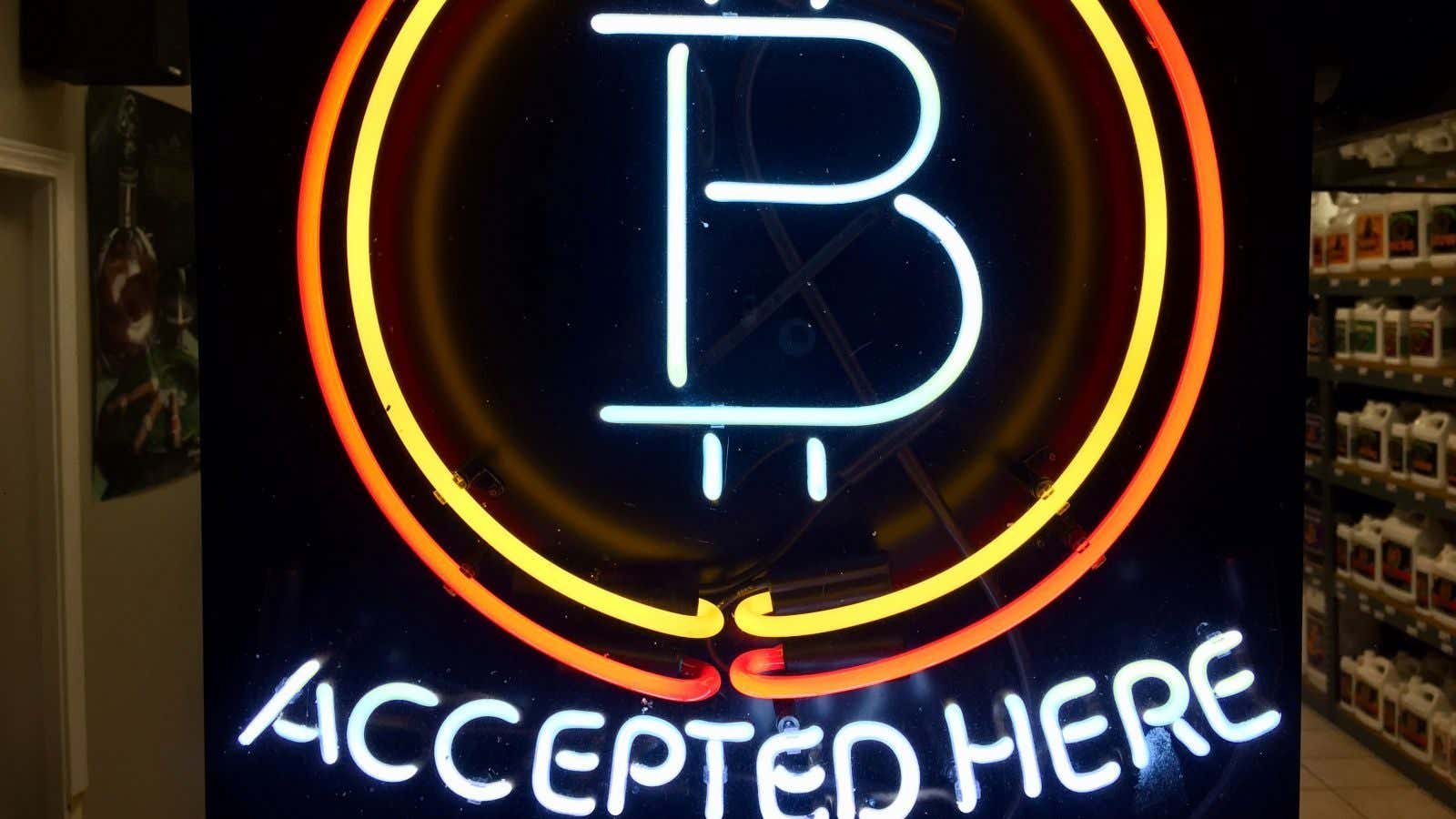Kiwis can now get paid in crypto.
Bitcoin faces legal uncertainty in much of the world, but this month the cryptocurrency received a major vote of confidence in New Zealand. In its August tax information bulletin (pdf), the country’s Inland Revenue Department published binding rules approving salaries and wages paid in cryptocurrency.
Digital currency proponents applauded the arrangement as innovative. Many who work in the crypto industry as contractors—often as programmers, community managers, and researchers—accept payment in tokens. In the US, by comparison, crypto enthusiasts have been waiting nearly five years for the IRS to update its guidance on the treatment of crypto transactions.
Although New Zealand approved crypto as compensation for salaried and wage-earning workers, the framework is strict. Crypto payments must be subject to an employment agreement, be for a fixed amount, and comprise a “regular part of the employee’s remuneration.” Furthermore, crypto pay cannot be subject to a “lock-up” period, and the digital currency (or currencies) must be readily convertible into a traditional, government-backed currency like the New Zealand Dollar. New Zealand’s Inland Revenue also notes that crypto payments are subject to normal tax laws, like the country’s Pay As You Earn and Fringe Benefits Tax regimes.
New Zealand’s tax authority names a few examples of cryptocurrencies that are okay to use, because “a significant purpose of the crypto-asset is to function like a currency.” These include bitcoin, bitcoin cash, bitcoin gold, ether, and litecoin. This doesn’t include filecoin, dentacoin, and CRYPTO20, the tax agency noted.
Cryptos “pegged to one or more fiat currencies,” such as Tether and the Paxos Standard, are also okay for use as wages and salaries. Only stablecoins that are readily convertible into fiat money on an exchange satisfy the rules, the agency stressed.
Altogether, New Zealand’s approach to crypto pay could encourage more mainstream adoption of crypto assets, under certain conditions. In a country known for monetary innovation, the move could serve as a model for other regulators.
🇺🇸🏦💸
REGULATORY WATCH
The US Securities and Exchange Commission postponed a decision on exchange-traded funds linked to bitcoin once again. If approved, a bitcoin ETF could allow the cryptocurrency to be listed alongside stocks on many brokerage platforms. On stock trading websites today, bitcoin is sometimes listed through Grayscale’s GBTC, a fund that typically trades at a 20% premium or more to the prevailing bitcoin price.
Many crypto traders believe a bitcoin ETF would help introduce digital currency to the investing public, but SEC chairman Jay Clayton has expressed reservations about the vehicle due to frequent theft and apparent price manipulation. The SEC has until mid-October to make a final decision on bitcoin ETF proposals from asset managers Bitwise and VanEck. The repeated delays in coming to a decision may not be a good sign for the funds.
🔑🔑🔑
BITS AND PIECES
- Barclays is no longer banking Coinbase (CoinDesk)
- Jeffrey Epstein reportedly claimed to work on crypto issues for the US Treasury (WSJ)
- China’s central bank says its own cryptocurrency is “close” to release (Bloomberg)
- BitMEX was hit by UK’s ad regulator for “misleading” bitcoin graph in a newspaper (The Block)
- What happens when bitcoin bros talk cryptography (FT Alphaville)
- Getting our heads around Facebook money (Radio New Zealand)
- An attempted heist at Coinbase was scary good, even though it failed (MIT Tech Review)
Please send news, tips, and crypto pay slips to privatekey@qz.com. Today’s Private Key was written by Matthew De Silva and edited by Jason Karaian. Know what you own, and know why you own it.
